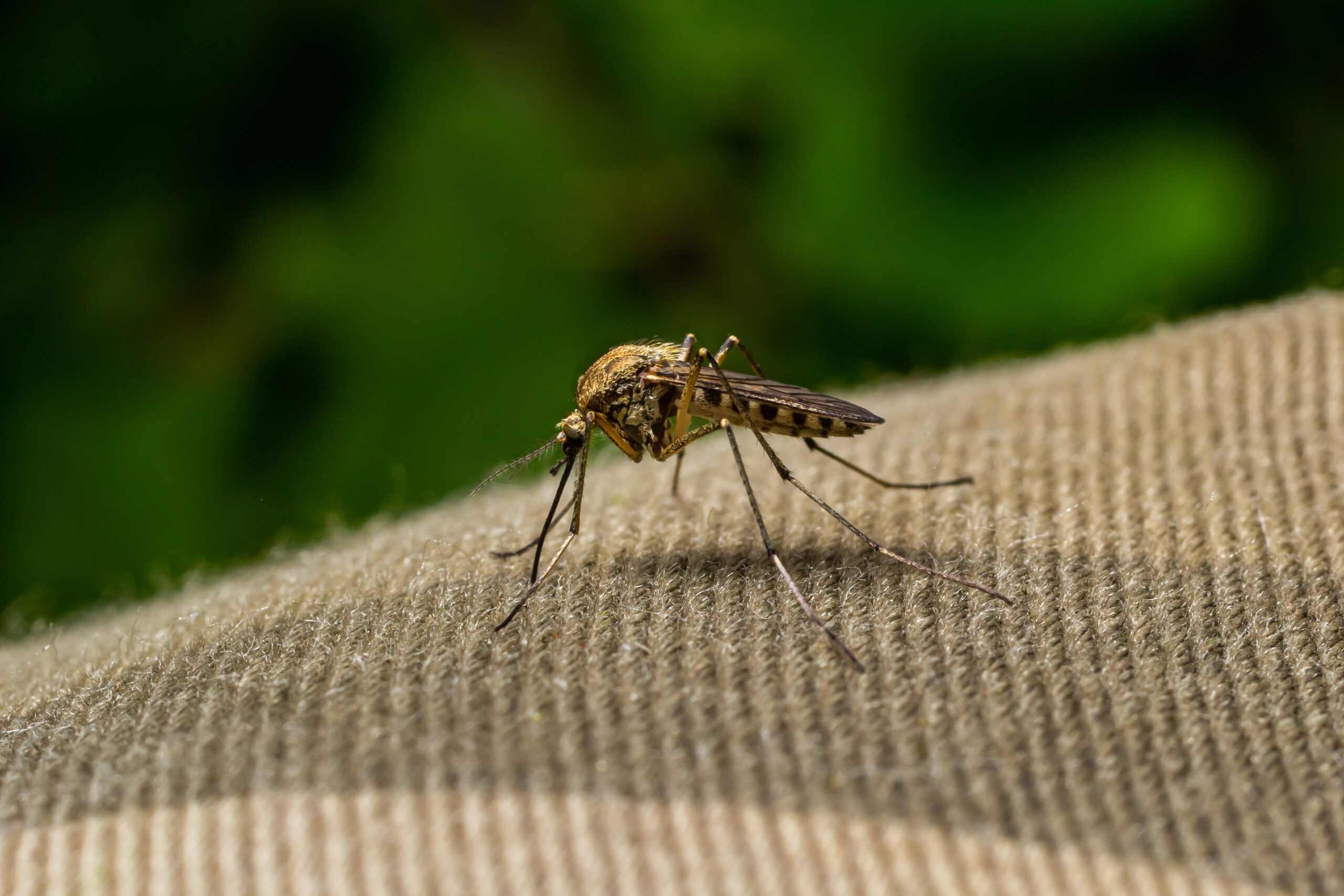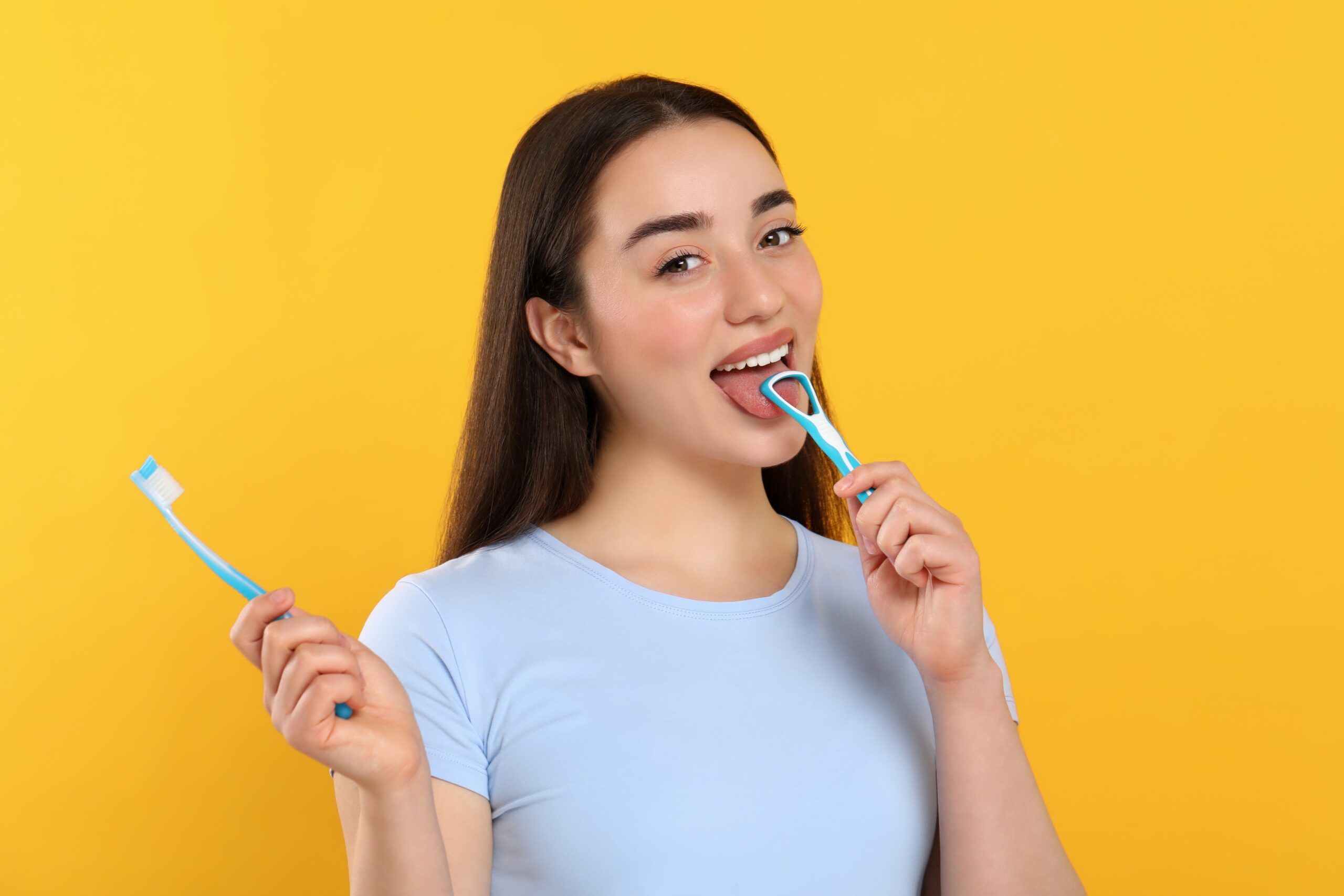Ever wondered if a small tweak in your summer routine could save you from the buzz and bite of mosquitoes while potentially curbing a global health crisis?
At a Glance
- Use DEET and picaridin as the most effective repellents against mosquitoes.
- New repellent compounds show promising results but need further validation.
- Simple actions like removing standing water and dressing appropriately can significantly reduce mosquito bites.
- Public health campaigns and adherence to guidelines amplify the impact of prevention strategies.
Mosquitoes: A Historical Nuisance
For centuries, mosquitoes have been the uninvited guests at our summer parties, spreading diseases like malaria and dengue fever. The pesky buzzers are not just annoying; they are a global health menace. Malaria and other mosquito-borne diseases have been making a sneaky comeback in places like Florida and Texas after a long hiatus. So, what’s the secret sauce to keep these unwelcome visitors at bay?
Enter DEET, the hero from the 1940s that still reigns supreme in the world of insect repellents. But DEET’s not alone. Picaridin has joined the ranks, offering a scentless, non-greasy alternative, and both are recommended by the CDC and EPA. But hold on, the repellent world is seeing new contenders like delta-undecalactone, which promises to fend off bites for hours on end. However, these newcomers need more real-world testing before they can dethrone the classics.
Three D’s: Drain, Dress, Defend
While you’re prepping for summer barbecues and beach outings, remember the three D’s of mosquito defense: drain, dress, and defend. First, drain standing water. Mosquitoes love to breed in stagnant water, so flip those flower pots and empty kiddie pools. Next, dress in long sleeves and pants. It might not be the most fashionable choice, but it’s a solid defense. Finally, defend yourself with EPA-approved repellents like DEET and picaridin.
These simple strategies do more than just save you from itchy bumps. They can actually curb the spread of diseases. Community efforts to eliminate breeding grounds, coupled with personal protection, can significantly reduce mosquito populations and, consequently, disease transmission.
The Buzz on New Repellents
While DEET and picaridin remain the gold standard, researchers are buzzing about new compounds like delta-undecalactone. Lab tests show it can provide up to 100% initial protection and over 50% effectiveness for more than seven hours. If widely adopted, these new repellents could drastically reduce disease outbreaks. But, as with any new product, real-world validation is key before you toss out your trusty DEET spray.
Public health agencies continue to stress the importance of following product instructions for safety and efficacy. As new products hit the market, staying informed through reliable sources like the CDC and EPA can help you make the best choice for you and your family.
The Larger Impact
Beyond personal comfort, the implications of effective mosquito control are vast. The healthcare costs of treating mosquito-borne diseases can be staggering, and outbreaks can impact workforce productivity and public trust in health agencies. Travel and tourism sectors also take a hit when mosquito-related headlines make the news. In this context, personal and community-level prevention strategies are not just about avoiding itchy bites; they’re about safeguarding public health and economic stability.
Experts emphasize that while natural solutions like citronella candles are popular, they pale in comparison to the efficacy of chemical repellents. The debate between chemical and natural options continues, particularly for sensitive populations, but the consensus remains that EPA-approved repellents are the most reliable choice.








